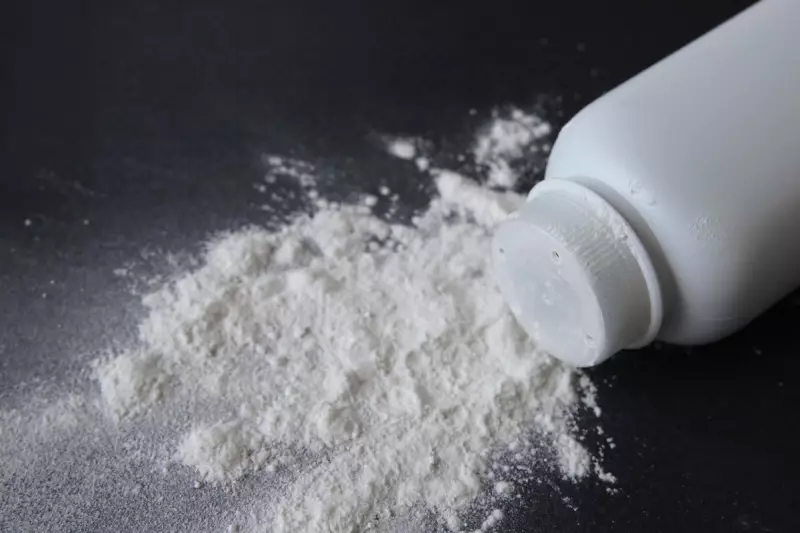
Pharmaceutical giant Johnson & Johnson is confronting renewed legal pressure as explosive court documents suggest the company was aware of asbestos contamination in its talcum powder products for decades.
Internal Communications Reveal Troubling Knowledge
Recently unsealed legal files contain internal company memos and reports dating back to the 1970s that discuss the presence of asbestos in talc supplies. One particularly damning document from 1974 acknowledges that materials used in their baby powder sometimes contained "sub-trace" amounts of chrysotile asbestos.
The Scientific Debate Intensifies
While Johnson & Johnson has consistently maintained their products are safe and asbestos-free, independent testing commissioned by plaintiffs' lawyers has repeatedly found asbestos fibres in historical samples of the talc powder. The company disputes these findings, claiming the testing methods are unreliable and designed to produce false positives.
Mounting Legal Challenges in the UK and Beyond
British consumers are increasingly joining global litigation, with many claiming long-term use of the talcum powder led to serious health conditions including ovarian cancer and mesothelioma. The number of lawsuits worldwide has surpassed 38,000, creating one of the largest product liability cases in corporate history.
Corporate Response and Future Implications
Johnson & Johnson continues to defend their product's safety record while simultaneously discontinuing talc-based baby powder in favour of cornstarch alternatives in many markets. The company maintains this shift is purely commercial rather than safety-related, but critics view it as a tacit admission of the products' risks.
What This Means for UK Consumers
Health authorities are urging concerned consumers to consult healthcare professionals if they have worries about past product use. Meanwhile, legal experts predict the newly revealed documents could significantly strengthen existing cases and prompt new claims from affected individuals across the United Kingdom.





